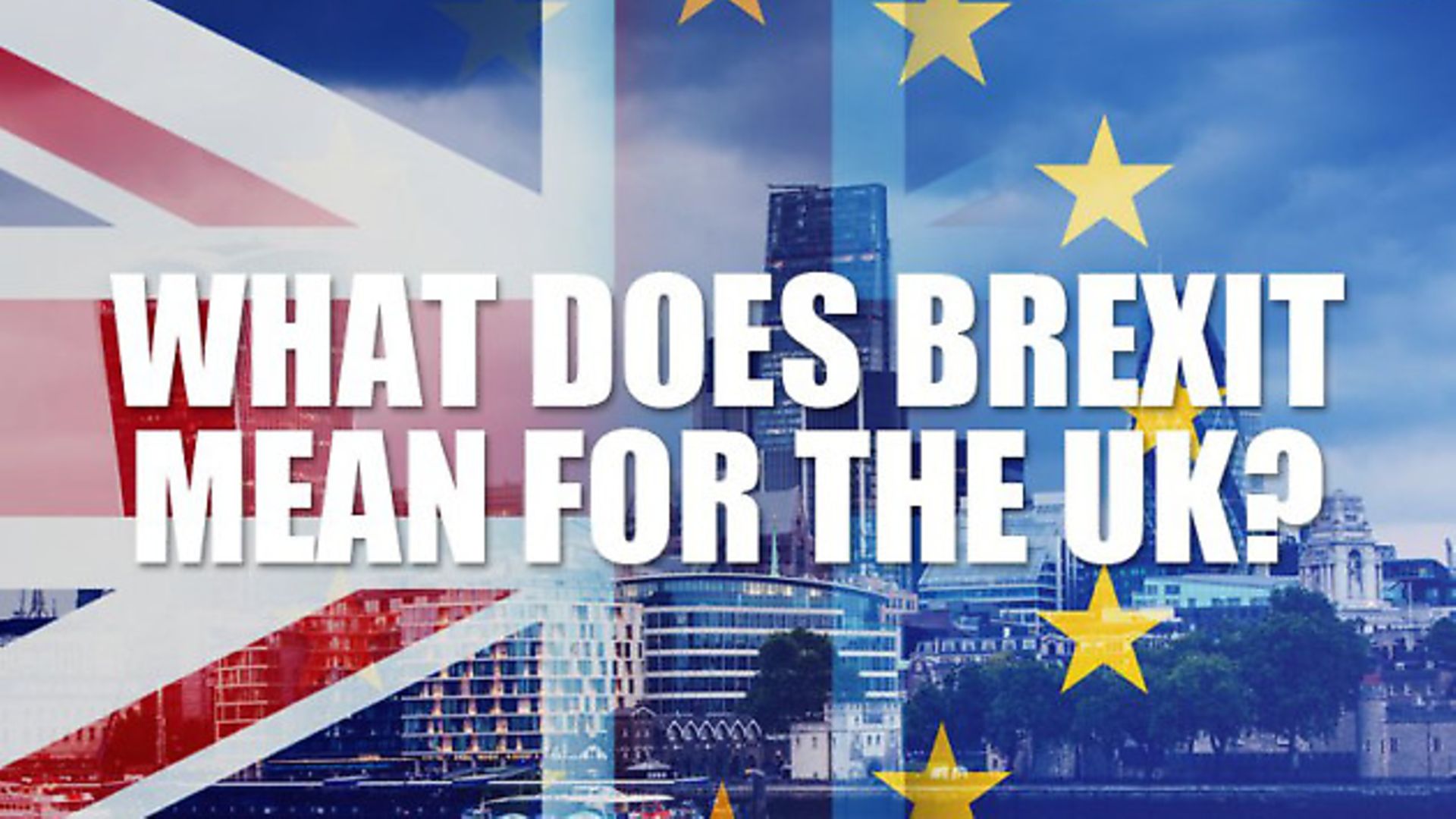
Put simply, if enacted, Brexit will mean Britain will leave the European Union.
The EU was founded after the Second World War with the aim of fostering relationships between European countries that had repeatedly been hostile towards each other. Its focus was to build economic and political ties which would build a level of cooperation that would guard against war.
As the EU matured one of the central threads that bound the nations together has been the single market. This allows the free movement of people, goods and trading in services as if the member states were a single country. The single market grew from the European Economic Community which Britain joined in 1973 and held a successful referendum on in 1975.
It allows members to trade freely within the EU and countries to strike deals with other nations outside Europe as a bloc. Many people are concerned about how Britain will compete with the EU as a single trading nation and also how we will be able to strike a new deal with the continent.
There is also a very real danger of big firms who are currently based in the UK moving offices and therefore jobs to a EU member state so do not lose the benefits associated with their host country’s membership. Already several banks have started investigating whether or not they should consider leaving the UK. Some believe that in order to keep the businesses in the UK the government will be forced to drop corporate taxes and regulations – new US President Donald Trump has set out a similar economic plan for America. In a speech outlining some of her plans for Brexit plans Theresa May hinted that the EU should not punish Britain for leaving suggesting it could look to compete by becoming a tax haven.
Economically it remains too early to predict the full impact of Britain leaving the EU. However a sharp fall in the value of the pound has already begun to hit consumers and businesses. The fall has pushed up inflation which means goods and services are beginning to cost more. Linked with stagnation in wage growth this will hit living standards in Britain.
The devaluation of the pound sparked a row between Unilever and Tesco last year. Famous brands including Marmite and PG Tips were unavailable because the supplier wanted to hike the price.
One of the biggest issues for many people who voted for Britain to Leave the EU was the supposed inability for us to set our own laws. There has been huge misinformation on this issue for many years with myths growing and gaining traction. A good example is the claim that the EU banned bendy bananas – this is nonsense.
However many of our laws are tied to the European rules and there will be a process of unpicking required post-Brexit. Many fear this could leave some groups – workers for example – vulnerable if their rights are not upheld as stringently as they currently are by EU rules.
One of the biggest potential impacts of leaving the EU could be to the NHS. Before the vote health secretary Jeremy Hunt said leaving the EU would lead to budget cuts and an exodus of overseas doctors and nurses. And, infamously, the Leave pledge that £350m a week could be spent on the health service was false.
Immigration was a huge issue during the referendum campaign. The freedom of movement for people within the EU has been identified, even at this early stage, as a red line issue for both Europe and the UK. Without allowing the free movement of people into the UK from the EU Britain cannot remain part of the free movement of goods agreement either. But ending free movement will not end immigration to the UK – it won’t even get the numbers down to the tens of thousands. Leavers campaigned for an Australian-style points system but this has been ruled out by the Government. At this stage the emotive issue of immigration and border control has yet to be set but the Prime Minister has acknowledged there will be changes.
Although a lot of aspects are unclear because negotiations have not yet begun it is clear that Britain needs some new trading partners – and fast. This fact has been blamed for the unprecedented offer of a state visit to controversial US President Donald Trump and Theresa May’s recent visit to Turkey to meet with premier Recep Tayyip Erdo?an whose regime has been accused of widespread human rights violations.









